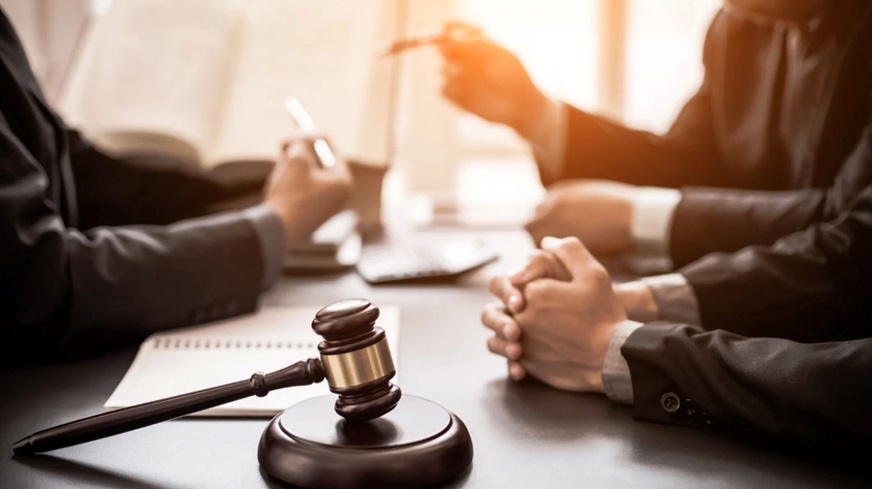Shooting Injury Lawsuits: Understanding Damages and Compensation

Gun violence can have devastating consequences, leaving victims with life-altering injuries, emotional trauma, and mounting medical bills. When a shooting incident results from negligence, inadequate security, or intentional harm, victims may be entitled to pursue legal action. Filing a civil lawsuit allows them to seek damages and hold responsible parties accountable. Consulting a shooting attorney in Georgia early in the process can make a significant difference in understanding your rights and building a strong case.
Types of Damages in Shooting Injury Lawsuits
In civil litigation, “damages” refers to the financial compensation a plaintiff may recover. Shooting injury victims can often pursue several types of damages, each addressing a different aspect of the harm they’ve endured.
Medical Expenses
Victims are typically entitled to compensation for both immediate and ongoing medical costs, including hospital stays, surgeries, rehabilitation, therapy, and medication.
Lost Wages
Injuries may prevent victims from returning to work temporarily or permanently. Compensation can account for time missed from work and loss of future earning capacity.
Pain and Suffering
This includes physical pain, emotional distress, trauma, and reduced quality of life resulting from the incident.
Punitive Damages
In cases where the defendant acted with extreme negligence or malice, the court may award punitive damages to penalize the wrongdoer and deter similar behavior.
Who Can Be Held Liable?
One of the most complex aspects of a shooting injury lawsuit is determining liability. A shooter may not be the only party responsible. Property owners, businesses, event organizers, or security companies may also be held accountable if they fail to provide adequate protection.
For example, if a nightclub or apartment complex had a history of violence but failed to implement basic safety measures like lighting or security patrols, they could be considered negligent. A knowledgeable attorney will investigate all avenues of liability to ensure that every responsible party is included in the claim.
Proving Negligence and Building a Case
To successfully claim compensation, the victim must prove that the defendant’s actions (or inactions) directly caused the injury. This requires substantial evidence, such as:
- Police reports and witness statements
- Surveillance footage, if available
- Medical documentation of injuries
- Records showing a pattern of criminal activity in the area
Legal counsel plays a critical role in collecting this evidence and crafting a persuasive argument. Since many shooting cases involve sensitive issues and powerful defendants, the experience and strategy of the attorney can significantly affect the outcome.
The Importance of Legal Representation
Because shooting injury cases often involve large claims and multiple defendants, the legal process can be lengthy and adversarial. Insurance companies may attempt to minimize settlements, and defendants may deny wrongdoing. A seasoned attorney provides the resources, advocacy, and litigation skills necessary to pursue fair compensation while protecting the victim’s rights throughout the process.
Read more: How Personal Injury Firms Handle Multiple Claims Simultaneously
Conclusion
Shooting injury lawsuits are complex, emotionally charged cases that demand expert legal support. Understanding the different types of damages and identifying all liable parties is critical for a successful outcome. Partnering with a skilled shooting attorney in Georgia ensures that victims are not navigating this difficult path alone and increases the likelihood of securing the justice and compensation they deserve.











